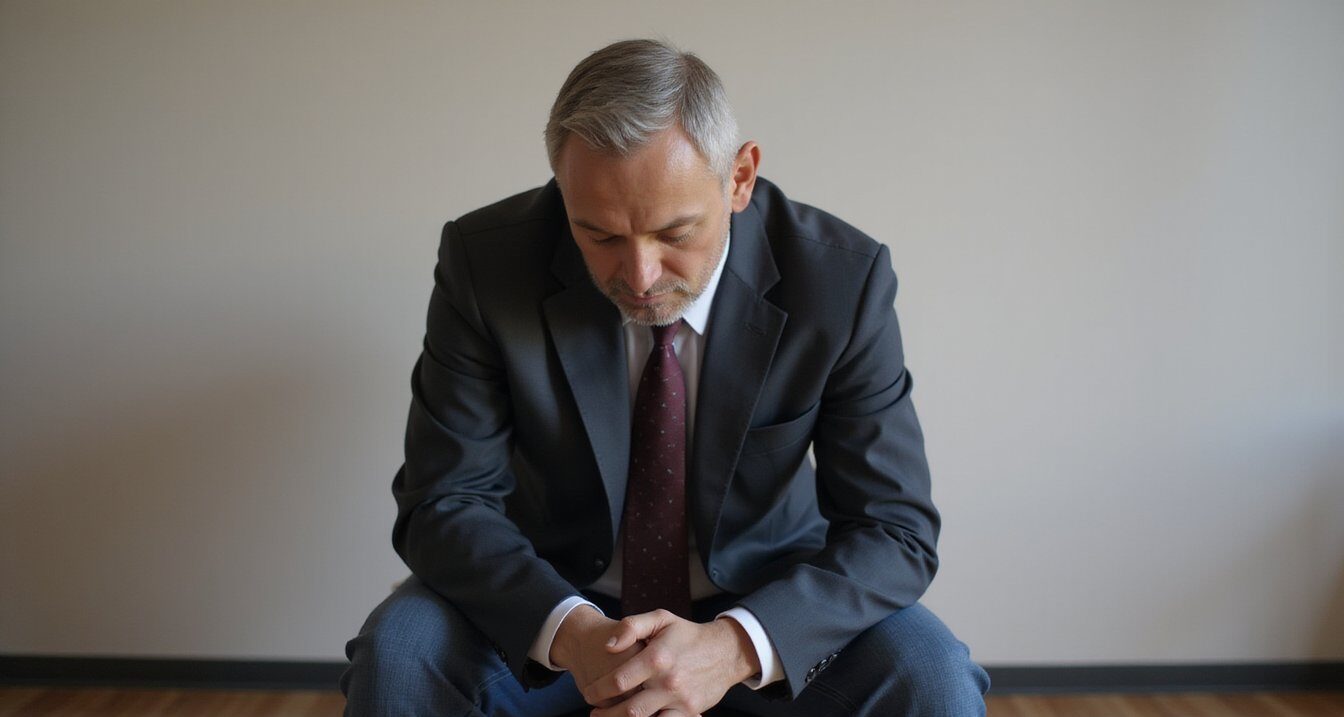Introduction
The rising recreational and experimental use of psychedelic substances such as LSD Acid vs Shrooms has sparked numerous discussions surrounding their risks, effects, and potential for abuse. Although popularized as relatively safe compared to substances like opioids or methamphetamine, psychedelics can carry significant psychological risks and potential for misuse.
Key Points:
- LSD (acid) and psilocybin mushrooms (shrooms) are hallucinogenic substances with different chemical structures and effects.
- LSD is synthetic, while mushrooms are natural fungi containing the psychoactive compound psilocybin.
- While neither substance is typically classified as physically addictive, both can lead to psychological dependence and misuse.
- LSD generally has stronger and longer-lasting effects compared to psilocybin mushrooms.
- Inpatient medically assisted rehabilitation provides the safest, most effective solution for managing addiction and misuse of these substances.
- Simonds Recovery Center offers specialized, compassionate care tailored to individuals struggling with psychedelic substance misuse.
What are LSD (Acid) and Psilocybin Mushrooms (Shrooms)?
LSD (Acid)
Lysergic acid diethylamide (LSD), commonly known as acid, is a synthetic psychedelic drug known for its potent psychoactive effects. First synthesized by Swiss chemist Albert Hofmann in 1938, LSD is chemically derived from lysergic acid found in ergot fungus [1]. Typically taken orally, LSD comes in forms such as blotter paper, liquid drops, gelatin squares, or tablets.
Psilocybin Mushrooms (Shrooms)
Psilocybin mushrooms, commonly called shrooms, are naturally occurring fungi containing the psychoactive compounds psilocybin and psilocin. These mushrooms have been used historically in religious and spiritual rituals, particularly in indigenous cultures [2]. Psilocybin mushrooms are usually consumed orally, either fresh, dried, brewed as tea, or mixed with food.
Differences Between LSD and Mushrooms
Although LSD and mushrooms are both psychedelics, they differ significantly in chemical structure, potency, and duration of effects:
- Chemical Structure and Origin: LSD is synthetic, while mushrooms contain naturally occurring psychoactive compounds.
- Strength and Duration: LSD typically has more intense and prolonged effects, lasting 8-12 hours, whereas mushroom trips last around 4-6 hours.
- Subjective Experiences: Users often report that LSD produces more intense visual hallucinations and emotional swings, whereas mushrooms may lead to a more introspective experience.
Side Effects and Health Risks
Side Effects of LSD:
- Visual hallucinations
- Anxiety and panic attacks
- Increased heart rate and blood pressure
- Nausea and dizziness
- Psychosis, particularly in individuals with a history of mental health issues [3].
Side Effects of Mushrooms:
- Emotional swings and anxiety
- Nausea and vomiting
- Paranoia or panic
- Hallucinations and distorted perception of reality
- Potential triggering of latent psychiatric disorders [4].
Are LSD and Mushrooms Addictive?
Neither LSD nor mushrooms are classified as physically addictive substances in the traditional sense. However, they can both lead to psychological dependence, characterized by repeated usage despite negative consequences, cravings, and mental reliance on these experiences to cope with life stressors.
Is LSD Addictive?
LSD is not known to cause physical dependence or withdrawal symptoms. However, due to its powerful psychoactive effects, individuals may repeatedly misuse LSD to escape reality or seek enhanced sensory experiences, leading to psychological dependence [5].
Are Mushrooms Addictive?
Similarly, psilocybin mushrooms do not typically lead to physical addiction, but the psychological appeal and escape from reality they offer can become habit-forming and lead to misuse or dependence.
Can You Overdose on LSD or Mushrooms?
LSD Overdose
It is highly unlikely to fatally overdose on LSD. However, extremely high doses can lead to severe psychological distress, psychosis, paranoia, and harmful behavior due to impaired judgment [1].
Mushroom Overdose
Similarly, while fatal overdose from psilocybin mushrooms is rare, consuming excessively high doses can lead to severe psychological effects, panic attacks, intense fear, and psychosis, which might necessitate hospitalization [2].
The Different Avenues Both are Used
Both LSD and mushrooms are primarily consumed orally. LSD is available as paper blotters, liquid droplets, tablets, and gelatin squares. Mushrooms are generally consumed fresh or dried, brewed into tea, or mixed with foods. Methods of use impact the speed and intensity of effects experienced by users.
The Importance of Inpatient Medically Assisted Rehabilitation
Medically assisted inpatient rehab provides the safest environment for individuals struggling with substance misuse and addiction. Inpatient facilities offer comprehensive care, including medical monitoring, therapeutic support, psychological counseling, and structured daily routines. This approach is essential in addressing both physical and psychological aspects of psychedelic substance misuse.
Simonds Recovery Center: Leading the Path to Recovery
Simonds Recovery Center is dedicated to helping individuals overcome addiction and substance misuse through compassionate, evidence-based inpatient care. The center offers tailored programs that include medical detoxification, psychiatric evaluations, individualized counseling, and comprehensive therapy services. Simonds Recovery Center is particularly experienced in treating psychedelic substance misuse, emphasizing both physical safety and psychological healing.
At Simonds Recovery Center, patients receive 24/7 medical monitoring, allowing prompt management of withdrawal symptoms and emotional crises. Moreover, the therapeutic environment fosters psychological resilience, helping patients rebuild healthy coping strategies and regain control over their lives.
Treatment for LSD and Mushroom Misuse or Addiction
Treatment at Simonds Recovery Center begins with thorough medical and psychiatric assessments to develop personalized recovery plans. The inpatient rehabilitation program includes:
- Medical supervision and detoxification
- Individual psychotherapy
- Group therapy sessions
- Family counseling and support
- Educational workshops to understand and manage addiction
- Aftercare planning and relapse prevention
Simonds Recovery Center ensures individuals not only safely recover from substance misuse but also gain the skills necessary for lifelong recovery.
Frequently Asked Questions (FAQs)
1. What’s the main difference between LSD and mushrooms? LSD is a synthetic chemical, while mushrooms contain naturally occurring psychoactive substances. LSD is typically stronger and has longer-lasting effects compared to mushrooms.
2. Can you overdose on LSD or mushrooms? Fatal overdose is rare for both substances, but excessive doses can lead to severe psychological distress, panic, and psychosis.
3. Are LSD and mushrooms addictive? Neither substance is known for physical addiction, but both can lead to psychological dependence and misuse.
4. What are common side effects of LSD? Side effects include visual hallucinations, anxiety, panic attacks, increased heart rate, nausea, and potential for psychosis.
5. Why choose inpatient rehabilitation for psychedelic misuse? Inpatient rehab offers medical supervision, psychological support, and structured care essential for safely managing withdrawal symptoms and addressing underlying psychological issues related to psychedelic misuse.
Final Thoughts
Understanding the risks associated with LSD and psilocybin mushrooms is crucial, especially considering the potential psychological impacts and risk of misuse. For individuals struggling with these substances, inpatient medically assisted rehab like Simonds Recovery Center provides comprehensive, compassionate care necessary to overcome addiction and regain a fulfilling, healthy life.
References:
[1] National Institute on Drug Abuse (NIDA): https://nida.nih.gov/research-topics/psychedelic-dissociative-drugs
[2] Substance Abuse and Mental Health Services Administration (SAMHSA): https://www.samhsa.gov/
[3] Drug Enforcement Administration (DEA): https://www.dea.gov/factsheets/lsd
[4] American Addiction Centers: https://americanaddictioncenters.org/lsd-abuse
[5] National Institute on Alcohol Abuse and Alcoholism (NIAAA): https://www.niaaa.nih.gov/








